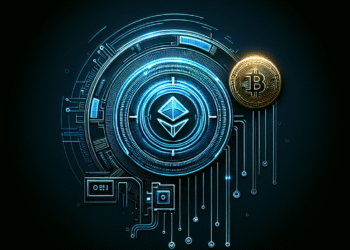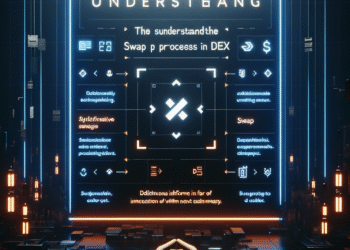Understanding Smart Contracts
In recent years, smart contracts have become a key part of the crypto world. Think of them as digital robots that handle transactions automatically, like vending machines that dispense snacks when you press the right button. These computer codes work on their own, following rules set in advance, which helps make deals faster and safer without needing a person to approve everything.
Smart contracts are important because they make things clear, secure, and trustworthy. They are used everywhere, from digital money systems to managing supply chains and protecting ideas. This article will explain how they work, their main features, benefits, challenges, and their role in changing how we handle finances and other areas in the digital age.
What Are Smart Contracts?
Imagine a smart contract as a digital handshake that automatically completes a deal when certain conditions are met. Unlike traditional contracts that need a lawyer or notary, these understandings live on a blockchain—a secure, shared digital ledger that keeps everything transparent and unchangeable.
How Do Smart Contracts Work?
These contracts are written in special computer languages, like Solidity on the Ethereum platform. They set rules for what should happen when specific events occur. For example, if you send money, the contract automatically transfers ownership or updates records without needing a person’s help, once the rules are satisfied.
Benefits of Smart Contracts
- Automation: They do the work on their own, saving time and money by removing middlemen.
- Security: Using encryption and blockchain makes sure everything stays safe and unaltered.
- Transparency: Everyone involved can see what agreements exist and what actions are taken.
- Accuracy: Automated execution reduces human mistakes.
Challenges and Limits
Even with these advantages, smart contracts face hurdles. Sometimes, security holes in the code can be exploited, updating contracts after they are live can be tricky, and busy networks might struggle to process all transactions quickly. Researchers are working hard to solve these issues so smart contracts can be used more safely and widely.
Real-World Uses in Cryptocurrency
In practice, smart contracts simplify complex tasks like lending money, swapping tokens, insuring items, or voting electronically. Platforms like Ethereum and Binance Smart Chain are paving the way for developers to build decentralized apps, changing how business is done in the digital world.
Impact on Digital Transformation
Smart contracts are like a revolution, giving more control and independence to users. As the technology improves, more industries—including finance—are expected to benefit from faster, safer, and more transparent solutions.
Summary
In summary, smart contracts are changing what’s possible in the digital age. They bring automation and security, opening new doors to innovation. However, ongoing attention to security rules and regulations is crucial. The future of finance and many other fields depends heavily on responsible development and adoption of this groundbreaking technology.






















